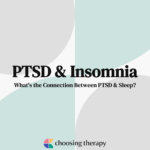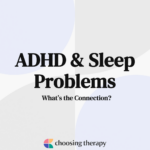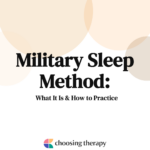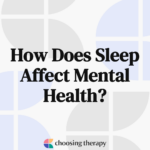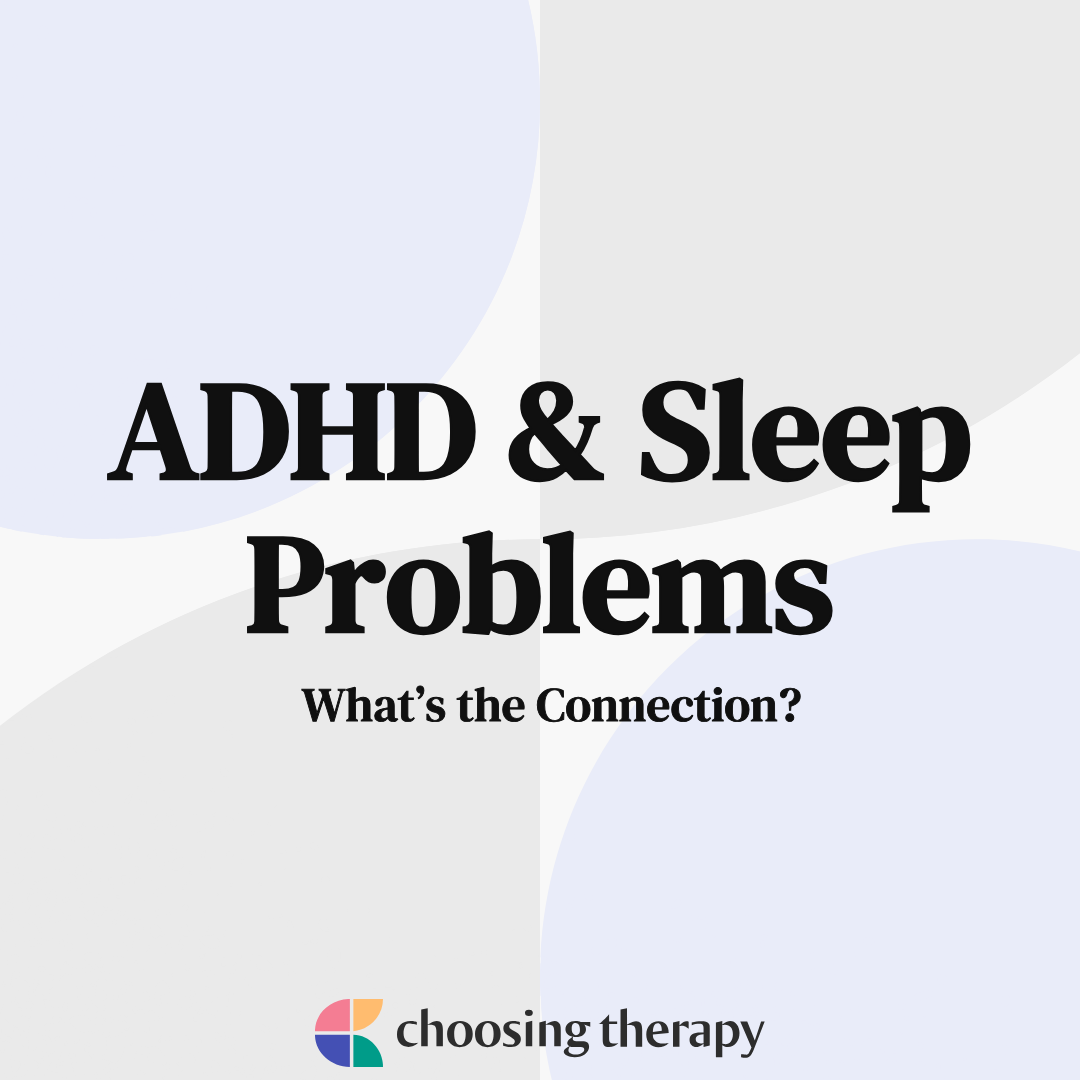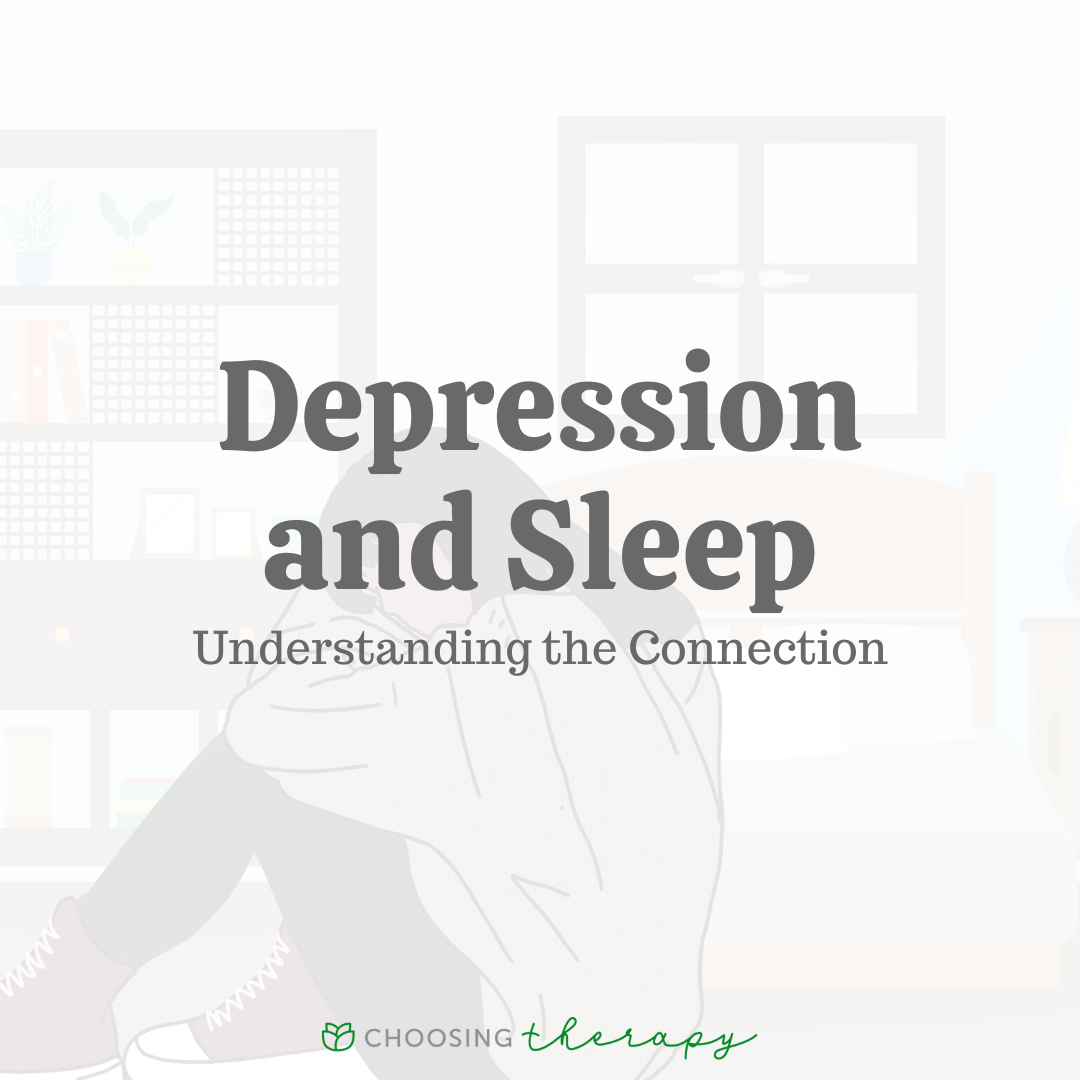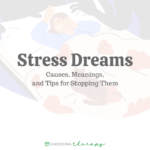
Learn More About Sleep
Most people are aware of the physical and mental health benefits of sleep, but more than one third of Americans are still sleep deprived. Sleep deprivation can result in increased rates of stress, anxiety, and depression, and a lack of sleep is proven to make people more moody, irritable, negative, impulsive, and unfocused. Below you’ll find a host of articles about the benefits of sleep, the relationship between sleep and certain mental health conditions, sleep disorders, and more.
Featured Sleep Articles

How Does Sleep Affect Mental Health?
Sleep and mental health go hand-in-hand, and individuals may struggle with sleep disturbances for various reasons. Sleep deprivation has serious consequences, including increased rates of stress, anxiety, and depression. Maintaining healthy sleep hygiene, limiting energizing activities before bed, and starting a mindfulness routine can help prevent or minimize the effects of sleep deprivation.
by: Hailey Shafir, LCMHCS, LPCS, LCAS, CCS
Insomnia: Symptoms, Causes, & Treatments
Insomnia is a sleep disorder affecting the ability to fall and stay asleep. Symptoms can negatively impact physical and mental health, often resulting in difficulties focusing, thinking clearly, and functioning. Therapy and medication can help individuals cope with chronic insomnia, improve symptoms, and adopt healthier sleep hygiene.
by: Hailey Shafir, LCMHCS, LPCS, LCAS, CCSThe Connection Between Sleep & Mental Health Issues

Dreams
FAQ About Dreams
Is It Possible to Sleep Without Dreaming?
It’s unlikely that people never dream. They are far more likely to have issues with REM sleep, memory recall, or other sleep disturbances.
Can PTSD Cause Night Terrors?
Intrusive trauma-related thoughts, memories, emotions, and hyperarousal (i.e., inability to relax) are thought to play a role in sleep disturbances common among trauma survivors. Night terrors are one way in which a person might relive their trauma experience(s) while sleeping.
What Is Nightmare Disorder?
Nightmare disorder is a form of parasomnia, a sleep disorder that involves unwanted behaviors or experiences when falling asleep, sleeping, or rousing from sleep. This disorder wakes individuals out of sleep routinely, leaving them with a lingering fear inspired by the dream.
More Articles About Sleep and Insomnia

